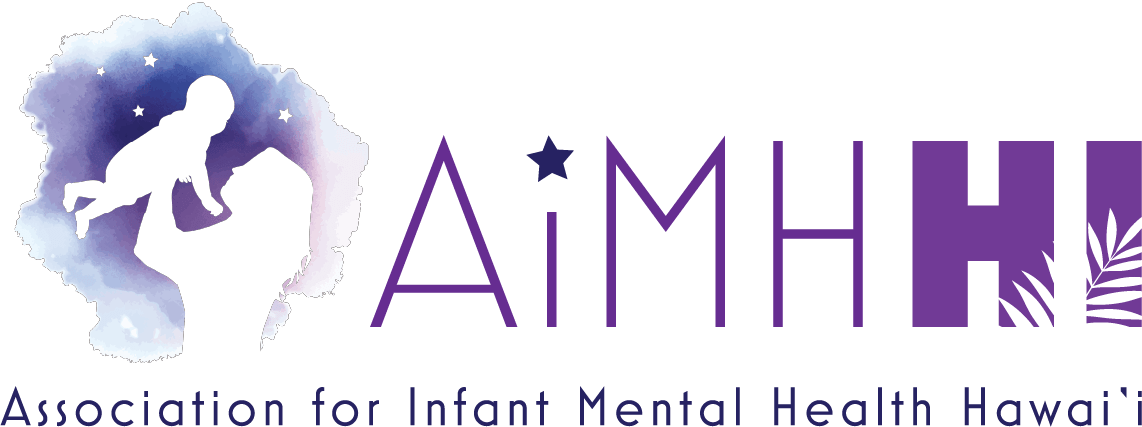Article: Toward a definition of Attachment Trauma: integrating attachment and trauma studies
Attachment Trauma (AT) is a known clinical heuristic in Psychology. However, different perspectives on it have emerged, leading to heterogeneity and confusion. In pursuit of clarity, this paper aims to navigate the perspectives surrounding AT through an integrative review.
CPP Published Study: Intervening After Trauma: Child–Parent Psychotherapy Treatment Is Associated With Lower Pediatric Epigenetic Age Acceleration
We are writing with some very exciting news. At long last, the results of a study showing that CPP reduces the impact of trauma on cellular aging has been published.
You can find out more by:
Reading the published study: Intervening After Trauma: Child–Parent Psychotherapy Treatment Is Associated with Lower Pediatric Epigenetic Age Acceleration
Viewing an infographic that summarizes the study findings
Reading the UCSF Health article providing the context for the findings: Child-Parent Therapy Has Biological Benefits for Traumatized Kids: UCSF study is the first to show Child-Parent Psychotherapy may slow down biological aging in children who have experienced trauma.
News outlets are also beginning to share information about these important findings
KQED: Bay Area Study Finds Early Childhood Trauma Therapy Can Prevent Serious Disease
Special thanks to Allie Sullivan and Nicki Bush as well as to all the therapists and researchers who partnered in conducting this study.
Please celebrate with us and share the news!
Honoring Voices within Infant and Early Childhood Mental Health
Grounded in foundational IECMH theory, “Honoring Voices” illuminates the complex yet rich process that professionals engage in when delivering IECMH services for diverse infants, toddlers, young children, and their families. Using personal stories, the book examines relationship-based practice within various contexts, family structures, and cultures. In spaces where relationships are central, professionals dig deep to reflect, wonder, make sense of, deepen, and at times seek to repair ruptures in relationships—all while keeping the child in mind.Honoring Voices Within Infant and Early Childhood Mental Health: Relationship-Based Stories From the Field. Erika Warner, LCSW, CSAC, IMH-E®, AIMH HIʻs clinical specialist, authored a chapter about her work as an IECMH therapist. Executive director, Erin Henderson Lacerdo, LCSW, IECMH-E© and AIMH HI member Me'ja Kaniho, MA, IECMH-E© jointly authored a chapter, featuring their work in home visiting.
Resources to help you protect your child's mental health are available
Check out this interview with Island Life Live of Renzy Baloran, Pediatric Mental Health Care Access coordinator for the Department of Health and Erin Henderson Lacerdo, executive director for the Association for Infant Mental Health Hawaii, explaining the importance of providing for the mental health of Hawaii's keiki ages 0 to 21
From Policy to the People with Aloha: Hawai'i Project LAUNCH & Office of Wellness and Resilience
View the video here: https://www.youtube.com/watch?v=KSrW1zx8BRc
Alliance white paper on Suspension and Expulsion developed by the Systems and Policy subcommittee of the Alliance
The Alliance Policy & Systems Development workgroup and its briefing paper subgroup developed a tool in support of AIMHs advocacy work around suspension and expulsion in early childhood education settings. Click the image below to review the tool.
Honoring Race and Diversity in Reflective Supervision: Guiding Principles to Enhance Relationships
Posted on Zero To Three on May 30, 2022
Karol Wilson, West Bloomfield, Michigan
Carla C. Barron, Merrill Palmer Skillman Institute, Wayne State University
National Alliance Training Hub
Click here to view the training hub from the Alliance for the Advancement of Infant Mental Health:
Georgetown University Center for Child and Human Development
The first five years of life are a time of unparalleled change in the brains and abilities of young children. All families need access to a wide range of services and supports that are responsive to the family, cultural, and linguistic contexts to promote healthy development. Additionally, some families need specialized services to mitigate risk factors or address problems young children may experience. Our early childhood efforts are committed to bridging the gap between what researchers and practitioners know is effective and what is available in communities for young children and their families. We work at multiple levels to translate evidence-based and best practice knowledge into practical, meaningful, and functional implementation strategies.











